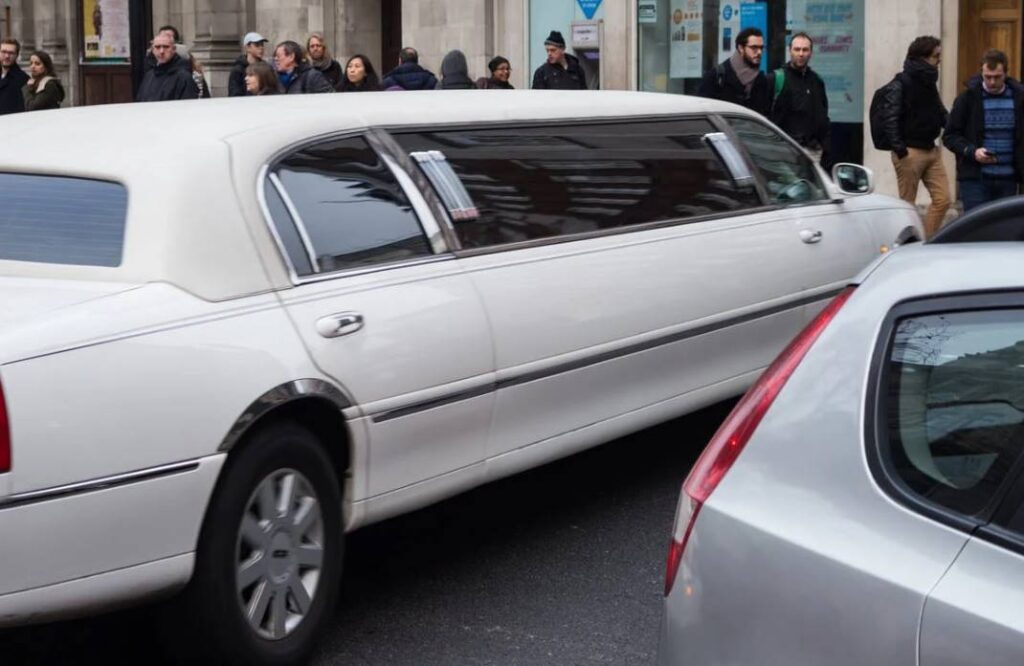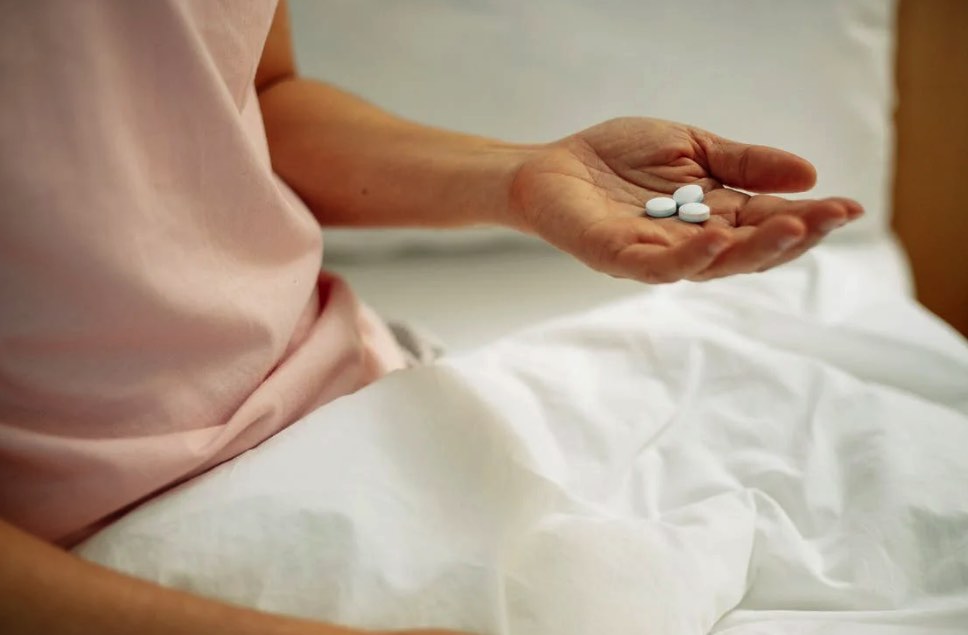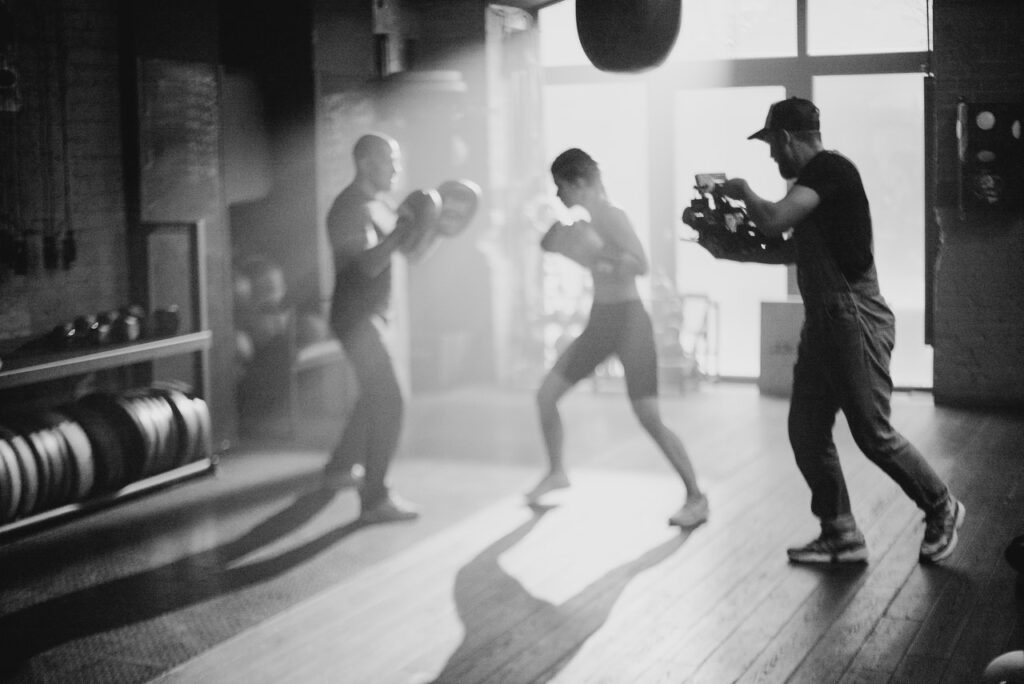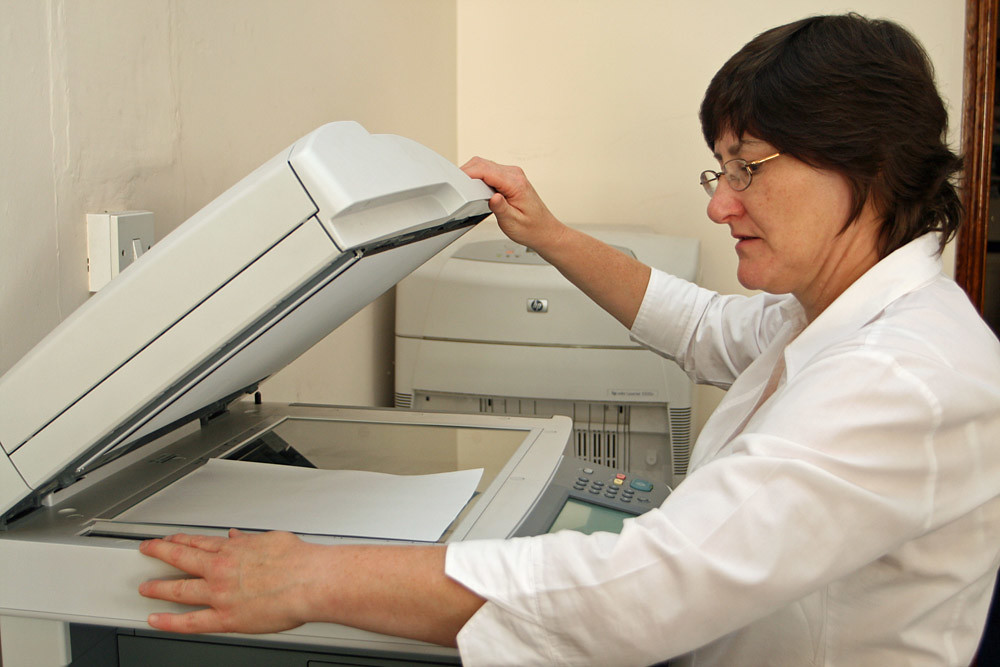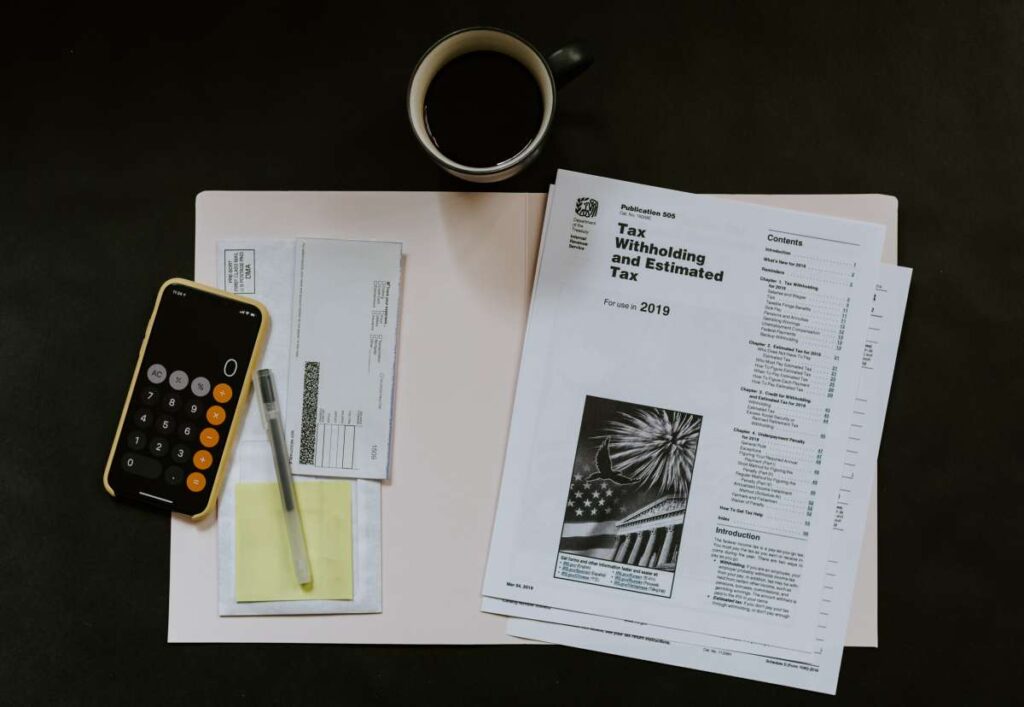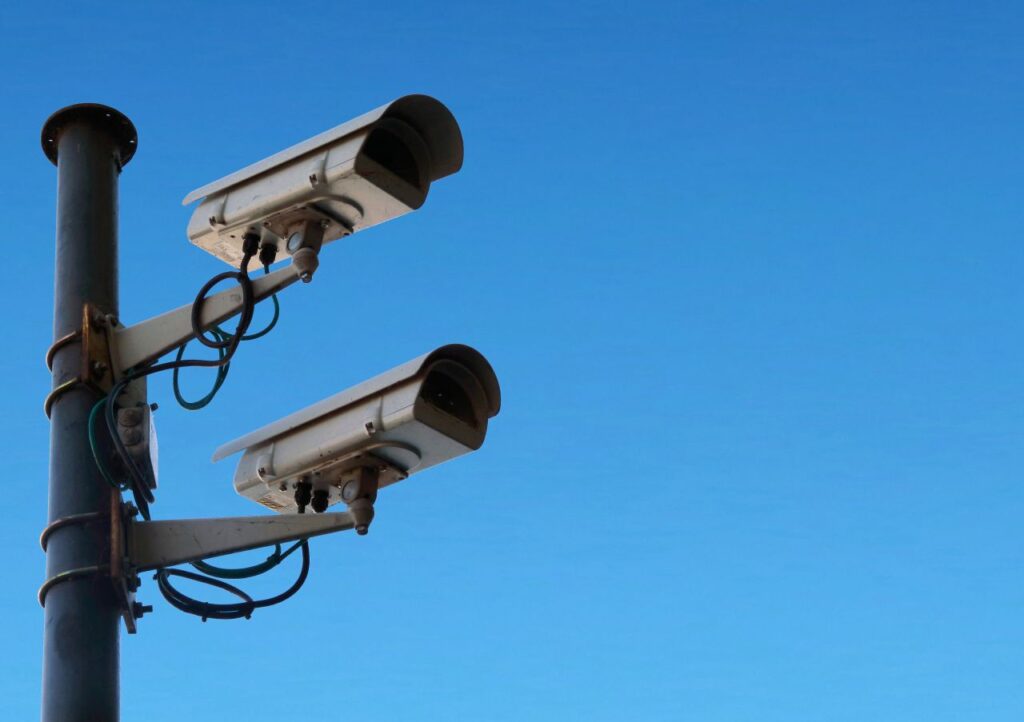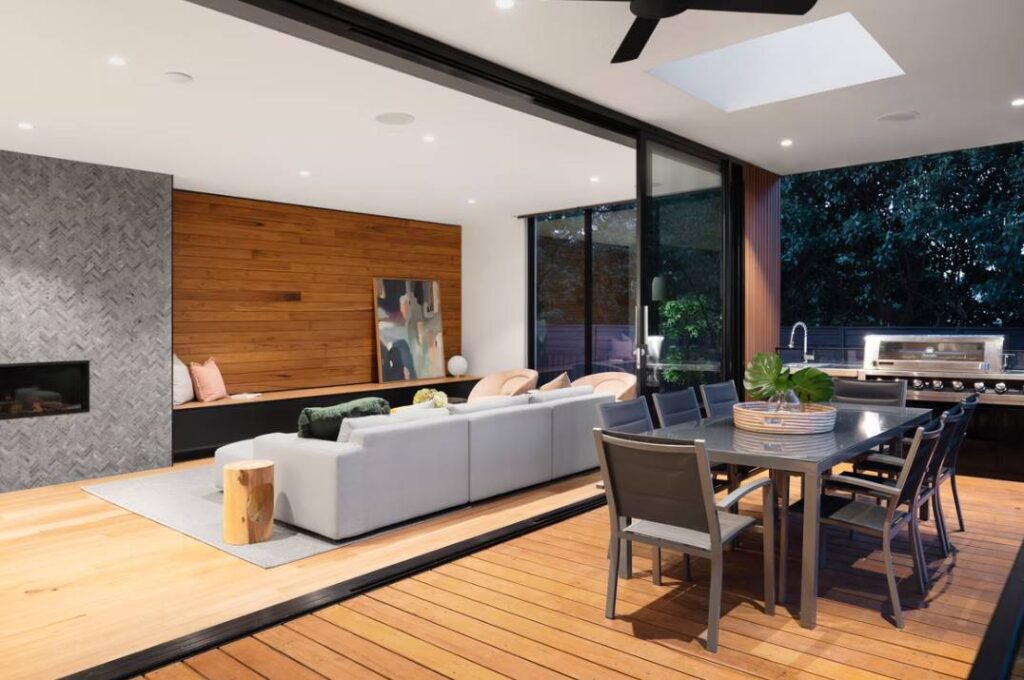Teacher-led instruction is the cornerstone of the primary schools in Melbourne, Victoria.
Students are taught in small classes with a low teacher-to-student ratio. This allows for personalised attention and ample opportunities for teacher-student interaction. The curriculum is designed to engage and challenge students, promoting creativity, critical thinking, and problem-solving skills.
In addition, the primary schools in Melbourne offer a wide range of extracurricular activities, from sports and music to drama and dance. As a result, students can develop their interests and talents outside the classroom. With so much to offer, it is no wonder that the primary schools in Melbourne are some of the best in Australia.
Ultimate List Of Primary Schools in Melbourne
Mont Albert Primary School Melbourne
(03) 9890 0041
After more than a decade as a principal, my aim as a school leader is always to put children first. In my opinion, all pupils can learn, and it is our responsibility to meet all of their requirements. As educators, we must study how each child learns so that we may differentiate our training to accommodate a variety of learning styles. We encourage kids to succeed in every way imaginable as part of a collaborative effort.
We have high expectations for all staff and students to ensure that we maintain and improve our great academic outcomes. Mont Albert Primary School teachers are passionate, highly qualified educators who offer a lot of knowledge and dedication to their critical responsibility of teaching kids through seven years of primary school. High academic accomplishment is a direct outcome of devoted, professional instructors who deliver diverse, rich, engaging, and great educational programmes in a caring, pleasant, respectful, and responsive atmosphere to our kids' needs.
A wide range of possibilities is provided to students outside of the classroom and rich, authentic, open-ended teaching and learning activities. Physical Education, Performing Arts, Visual Arts, Italian and Japanese culture, and other extracurricular activities help students develop their strengths and interests. Student leadership is a crucial programme in which senior high school students encourage other students and represent the school.
School Profile
Mont Albert Primary School serves the educational needs of families in the Balwyn, Mont Albert, and Mont Albert North areas of Melbourne. The school was founded in 1917 and celebrated its 100th anniversary in 2017. A Department-approved enrolment boundary is tightly followed as a result of the school's continued excellent standing and reputation. Approximately 550 kids are now enrolled in the school.
The school has a high-achieving culture, and the staff works together as a collaborative and dynamic community of learners dedicated to improving student results and ensuring that teaching follows best practices. In addition, the level of employee engagement is impressive, with management encouraging and equipping employees to execute their jobs well and develop a sense of ownership and dedication.
Each classroom has a variety of digital technology to promote learning in all areas of the curriculum, including interactive displays, laptops, iPads, and robotics. Teachers use technology as a learning tool to engage and meet the requirements of full classes, small groups, and individuals. Teachers are constantly improving their digital technology skills, and there is a significant financial investment in this area, with new and diverse technology, improved infrastructure, and continued integration of learning tools into classrooms, including the introduction of a BYOD (Bring Your Device) programme in Years 5 and 6. All important stakeholders work together to promote the highest possible learning results for all students, and home-school partnerships are valued.
Balwyn Primary School Melbourne
(03) 9836 9962
Welcome! We extend a warm welcome to your family and wish you a long and fruitful relationship with our school. The atmosphere of a learning community is fostered at Balwyn Primary School through educational programmes for children, parents, and staff. Our mission is to provide educational excellence through dynamic teaching and interesting learning activities in a safe, secure, and structured learning environment. Within a multi-age system, we offer a developing curriculum. This child-centred approach recognises that children learn at different speeds and diverse ways. Beyond the fundamental curriculum, the school provides a vibrant and supportive environment with fascinating and challenging educational initiatives.
Enrolment
To begin Foundation (first year of school), children must be five years old by April 30. With the completed Balwyn Primary School enrolment form (see right), the following supporting paperwork must be provided:
- A copy of the student's birth certificate (if born in Australia);
- A passport (if the student is born overseas) must be provided for sighting and copying and a copy of the student visa.
- If you are living in our neighbourhood zone, we ask for the following documentation:
- If the property is leased, we require a copy of the official Victorian Tenancy Agreement and a copy of either an electricity or gas account.
- If the property is owned, a copy of the electricity and a gas account.
- An Immunisation History Statement from the Australian Immunisation Register. Please note that no other immunisation records can be accepted.
- Any other medical/health documents, e.g. asthma or anaphylaxis plans.
Balwyn Primary School does not offer short term study placements.
Our school zone
Find my school.vic.gov.au provides information about our school zone. Findmyschool.vic.gov.au provides the most up-to-date information about Victorian school zones for 2021. Students who live in this zone have assured a spot at our school, determined based on your permanent address. In addition, the School Placement Policy provides advice to guarantee that students have access to their designated neighbourhood school as well as the freedom to attend other schools, subject to facility limits. More information and answers to frequently asked concerns about school zones can be found on the Department's website.
Laburnum Primary School Melbourne
(03) 9898 3302
Laburnum Primary School was established in 1964 and is located in an attractive woodland environment adjacent to the parkland of Blacks Walk, which is part of Blackburn Creek. Our protected grounds are roughly 2.8 hectares in size, and the lush setting allows our pupils to run and play in both natural and built play areas. Visitors frequently mention our pleasant and friendly atmosphere and the warmth of our students.
While we are proud of our academic achievements, our programmes are tailored to meet the unique needs of each student. The explicit teaching of Mathematics and English receives a lot of attention. Teachers assist each child's development by assessing their learning needs and giving curriculum challenges. Supporting our solid mathematical foundation
Enrolment
Your child will most likely attend the government school nearest to your home. On the specific Department of Education site, which includes the most up-to-date information regarding Victorian school zones, the Laburnum Primary School zone is available. To find out where your nearest school is.
If a different government school has openings, you can choose to send your child there. However, due to enrollment restrictions at our school, spots for out-of-neighbour families may be unavailable or limited.
For next year's Preps:
School Information for Families & Enrollment Guidelines for 2023 Prep. EnrolmentYour child must be five years old by April 30, 2023, to be eligible for school enrolment. Click on the following link for a writable pdf version of the Prep 2023 Enrolment form. (The Enrolment Form includes a checklist of required documents.)
Our Prep Transition Program:
Our Transition Program for 2022-2023 can be seen here. In addition, the same URL is updated with new information.
Our Prep Transition program includes:
- Mini school tours: please phone our office on 9898 5811, or email laburnum.ps@education.vic.gov.au to register
- Education Week - school tours in late May 2022
- Visits to preschools by our teachers
- A Parent Information Evening in Term 4
- Term 4 Orientation Program, including sessions in classrooms and specialist areas
- Meet the teacher in December
FAQs About Primary Schools
During your visit to the school, think about the words that you would use to describe the atmosphere in the school. For example, do the staff seem happy, friendly and welcoming? Is there a good 'feel' for the school? It's amazing how accurate your gut feeling can be when forming your initial opinions.
Schools are usually hives of activity, so being immaculately tidy is unlikely, but look around to see if they feel loved and cared for; does it feel like there is pride in the school? Are displays recent, and do they celebrate the achievements of the children? But be aware that some school budgets may be particularly tight, so try not to be judgmental if some things look a little tired - it may be that the school doesn't have the funds to make the changes they would like to, rather than a lack of inclination.
Most schools these days use a range of ways to interact with parents, including social media and messaging platforms, so ask about what the school uses and try to gauge how important parents are in the life of their child's education. Hopefully, the school will put on events where you are able to join in and build your relationships, plus assemblies or other occasions where you can celebrate your child's achievements.
Some parents will be aware that their child needs some additional support to help them reach age-related expectations or stretch the more able. Remember, schools are held to account for how well they support and challenge children of all abilities. Be honest, though, and share your concerns with the person showing you around, as they will probably be able to put your mind at ease.
Many schools are able to offer extra-curricular clubs after school so children can participate in activities that can't be squeezed into the school day; ask what days they are on and what age ranges they are open to. However, most schools offer clubs to older children, as the younger ones can be very tired at the end of the day. You could also ask about visitors who might be coming in to talk to the children and whether the school makes use of the local area and further afield in terms of trips.
Parkhill Primary School Melbourne
(03) 9807 1185
We understand that selecting the best school for your child is one of the most important decisions you and your family will make. Our unified approach at Parkhill ensures that your child is fostered throughout their early years, resulting in a lifelong love of learning. Our school principals support not only our great Social Emotional Learning programmes, but they also become known as 'The Parkhill Way.' Every day, we encounter attitudes and behaviours in the classroom and on the playground.
Specialty Programs
NUMERACY
Numeracy sessions are structured similarly to literacy lessons, with a mix of tailored instruction to meet specific needs, solo practice of concepts, and small group or partner work. Targeted instruction is adaptable, which means that depending on the idea being taught, students may work in different groups and at different levels. The 5E enquiry methodology is used to supplement more traditional methodologies. This method enables students to think critically, speculate, generalise, and make significant connections to other abilities and concepts.
LITERACY
Students who are taught high-quality literacy programmes are more confident in their ability to understand, communicate, and engage with others and the world around them. This is because writing and reading are inextricably intertwined, and they are frequently taught together for the best results. The Multisensory Structured Language (MSL) approach to teaching reading and spelling is used by teachers in grades F/1 and 2/3. It's a method that uses visual, auditory, and kinesthetic-tactile pathways to improve memory and learning of written language in a systematic and cumulative fashion.
Additional Programs
On top of our excellent classroom experiences, Parkhill provides extensive and interesting programmes. Through hands-on and real-life experiences, these programmes aim to cultivate curiosity and develop creative and critical thinking abilities.
Optional Programs
- Private music lessons
- Choir
- Solar car
- Robo cup
- Games Club
- Gateways
- Sporting Schools
- Camps
- Interschool Sport
Canterbury Primary School Melbourne
(03) 9836 4415
Canterbury Primary School is a vibrant school in Melbourne's green eastern suburbs, about 12 kilometres from the city centre. The school aspires to create a student-centred learning environment in which real learning develops intrinsic motivation. Collaborations with parents and the larger local and global community are critical to improving student learning possibilities. Our idea that our collective actions, attitudes, and dispositions have an impact on the world we live in, both locally and worldwide, is encapsulated in the phrase "Our community – our world."
Digital technology is used creatively across the institution. High degrees of autonomy and choice in learning is supported through coding, creative problem solving, and an embedded 'Maker Culture.' Teachers can provide interest-based learning opportunities with a focus on problem solving and creativity in the Maker Space and Kitchen classroom.
Visual arts, music, physical education, health, and Chinese Mandarin language specialist programmes are available. Through collaborative projects and student and teacher exchange visits, a well-developed connection with a school in Suzhou, China, boosts language instruction while enhancing and widening cultural understandings. A reciprocal homestay programme allows immersion into everyday living while building genuine and lasting relationships.
Teaching & Learning
Also, in this Section
- Maker Space
- Maker Space Kitchen
- Zoned Mathematics
- Suzhou Partnership
- Mandarin
- PE & Sport
- The Arts
- Camps
Roberts McCubbin Primary School Melbourne
(03) 9890 3302
School Values
- Being curious, capable inquirers, utilising our imaginations, demonstrating our ideas in many ways, thinking flexibly to solve issues, expressing ourselves, celebrating multiple ways of learning, exploring our ideas, and taking chances are all examples of creativity.
- Put out your best effort, persevere, demonstrate determination, create feasible SMART objectives, and be resilient when things do not go as planned.
- Respect entails looking after ourselves, our school, others, and their property, using acceptable voices, phrases, and body language, using excellent manners and being pleasant, accepting and celebrating individual differences, and treating others the way you would like to be treated.
- Supporting and believing in others, feeling safe, encouraging others, acknowledging and celebrating others' accomplishments, being able to trust all members of our school community, having a go and not being afraid to make mistakes, and demonstrating that we can use school equipment safely and appropriately are all examples of trust.
- Honesty entails being truthful, accepting responsibility for our behaviour and actions, acknowledging and accepting appropriate penalties for poor choices made from time to time, doing our best, and accepting difficulties in order to develop.
- Being friendly and speaking respectfully to your classmates and other school community members, recognising people by saying 'Hello,' and being an inclusive school member by asking 'Are you OK?' are all examples of friendliness. "Do you want to play?' 'Can I assist you?''
Curriculum Opportunities
We are proud of the diverse curriculum options available to our pupils. It's not the curriculum we give that distinguishes us; it's the way we deliver it. A curriculum can be taught in any school. Great schools like ours are full of instructors who constantly and enthusiastically research ways to make their teaching more inventive, engaging, and enjoyable. This is the single most important factor in our pupils' development.
The success we achieve is evident in the evaluation statistics and the smiles and excitement on our student's faces as they grasp a subject. This supernatural force motivates us to create and build our teaching.
Student Wellbeing
All school activities and initiatives at Roberts McCubbin PS are student well-being. Our mission is to create a secure and engaging environment that supports and encourages all of our kids' behavioural, emotional, and cognitive well-being.
Literacy
Our literacy programme at Roberts McCubbin Primary School aims to build lifelong readers and writers. We accomplish this by reading, writing, speaking, and listening on a daily basis. We plan and analyse students' learning using the Victoria Curriculum. Our literacy programme at Roberts McCubbin Primary School aims to build lifelong readers and writers. We accomplish this by reading, writing, speaking, and listening on a daily basis. We plan and analyse students' learning using the Victoria Curriculum.
Numeracy
For all pupils at Roberts McCubbin, numeracy is both pleasant and demanding. Our maths programme is student-centred, focusing on each student's next level of need. The majority of arithmetic learning situations are open-ended, integrated, and relevant. To help pupils make sense of the activities, they are based on real-life tales and circumstances.
Physical Education
Roberts McCubbin Primary School offers one hour of Physical Education every week to its students. Fundamental motor skills such as throwing, catching, kicking, striking, and so on are the main focus from Foundation to Year 4.
Visual Arts
Roberts McCubbin's Visual Arts programme is widely regarded and supported. Our Arts curriculum encourages students to think critically and creatively.
Performing Arts
At Roberts McCubbin, Performing Arts is a combination of four subjects: music, media studies, dance, and drama. Performing arts allows children to strengthen their cognitive skills while also allowing them to explore their imagination.
Erasmus Primary School Melbourne
03 9819 9641
Erasmus Primary School is a non-denominational, independent primary school that draws on some of the world's greatest philosophical traditions. We are a worldwide community of Renaissance schools dedicated to offering the best education for Years Prep – 6.
- Our focus is on the cultivation of every aspect of the child – body, mind, heart and spirit.
- We offer an ambitious and creative curriculum, including philosophy, meditation, and mindfulness, to nurture these four aspects.
- All staff and students eat together every day, enjoying a freshly prepared vegetarian morning tea and lunch.
- We are open from 8 am. A bonus for working parents and an opportunity for students to reconnect and play together before the school day starts at 8.25 am.
- We nurture the power of attention. We recognise focussed attention as the master key to your child's development. We use simple mindfulness exercises to help focus the mind and enable our students to develop inner quiet, strength and steadiness. They are then able to attend to the task at hand with the greater application.
- We build character and encourage kindness and respect.
St James Schools London, the first Renaissance school, was founded in the 1970s in London. Others have since opened around the world, including John Scottus School in Dublin, John Colet School in Sydney, and Ficino School in Auckland. The School of Philosophy Melbourne launched Erasmus Primary School in 1996. Inspired by the philosophy teachings, a group of instructors and parents aspired to provide traditional philosophy instruction to children. Erasmus Primary School has been dedicated to applying philosophy in teaching, developing the inner as well as the outer person, and seeking a balance between the body, intellect, heart, and spirit in creating a reasonable and harmonious child since its beginning in 1996.
Service
From their first day at Erasmus Primary School, students learn about service delights and how everything they do may be a sacred act. In addition, the kids learn that service can entail doing beneficial and fun activities and that it can bring enjoyment to themselves and others.
Each morning, welcome the class teacher with a handshake and eye contact, appreciating the vital service the teacher provides to the student as they work together to create the learning environment. At lunchtime, both children and adults serve each other food, and once the meal is finished, classes assist in clearing the lunch table of their year group. Various classes may share their talents by singing at local senior centres. Parents and children
St Kilda Park Primary School Melbourne
(03) 8598 5528
Striving For Excellence At SKiPPS
St Kilda Park Primary School (SKiPPS) lays a solid foundation of information, skills, attitudes, and values that will serve students well throughout their lives. We seek to help our children become well-rounded, inquiring learners prepared for the twenty-first century's challenges. We offer a strong broader curriculum that includes the Arts, Italian, Philosophy, Critical and Creative Thinking, a superb Physical Education and Sports programme, and proficiency in literacy and numeracy.
Kilda Primary School Introduction
St Kilda Park Primary School is a well-known State Government Primary School on St Kilda's Fitzroy Street. Since 1882, SKiPPS has established a great reputation in the community, owing to a strong focus on study and achievement, positive student attitudes and behaviour, and welcoming culture.
Our school community strives to create a learning atmosphere that is inclusive, creative, and reflective. This culture engages children in their environment and equips them with the skills and information they need to become valuable members of society.
Glenferrie Primary School Melbourne
(03) 9818 0098
Thank you for visiting Glenferrie Primary School. My name is Sue O'Sullivan, and I am honoured to serve as the school's principal. We are extremely lucky to have a dynamic, diverse, and engaged school community with dedicated instructors at Glenferrie Primary. Amazing learning experiences are achieved when students, teachers, and parents collaborate as part of a dynamic learning community.
We provide a well-rounded education that includes rich experiences in enquiry learning, literacy, numeracy, Italian, physical education, and the performing and visual arts, supported by a wide range of learning technology.
Respect, Excellence, Confidence, and Resilience are school ideals that support learning. We want kids to be curious, knowledgeable, and caring as they grow into active, compassionate, lifelong learners. As Principal, my priority is to ensure that our students have every opportunity to succeed and attain their full potential.
Please take some time to go around our website to discover more about what we do at Glenferrie. We are quite proud of our accomplishments and would be delighted to share them with you and your child.
Our Curriculum
Curriculum
Glenferrie Primary School uses enquiry learning to satisfy the Victorian Curriculum's objectives. We've also been accepted as a candidate school for the International Baccalaureate Primary Years Program (PYP) and are seeking to incorporate IB practices into our curriculum. The Victorian Curriculum is a consistent, coherent, and complete collection of specified curriculum and shared achievement requirements for Victorian schools. The IB PYP programme will serve as a framework for developing student learning activities, assessments, and reporting that will sit above the Victorian Curriculum.
All pupils will have the opportunity to reach their full potential with an inclusive and customised curriculum. Differentiated learning is a foundation for effective teaching that entails giving students various learning opportunities at a level that uniquely challenges each learner.
Differentiated instruction focuses on what each student needs to learn at their own pace. This is accomplished by continuous evaluation. For example, what a pupil can 'Do, Say, Make, or Write' can be used to assess their learning.
Gender, culture, language, socioeconomic situation, ability, personal interests, and other factors affect students. Therefore, teachers build their curriculum to accommodate these variances in their classrooms through evaluation, diverse learning tactics, ideas, and teaching materials, so that all students, regardless of ability, can learn effectively.
Differentiation Can Be Recognised In The Classroom In A Variety Of Ways:
- using appropriate assessment, carefully monitoring student progress to inform teaching
- setting clear goals, including targets for achievement
- providing appropriate focused learning (with specific learning intentions) and teaching time
- organising student groups with like needs as appropriate
- developing individual learning plans (if required)
- selecting appropriate learning and teaching strategies
- providing various opportunities for students to demonstrate their learning
- providing students with opportunities to monitor and track their learning
Traditional disciplines, including English, mathematics, physics, humanities, languages, and the arts, are taught in Victorian schools and physical and social learning subjects like health and physical education and civics and citizenship. They also study communication and information and communications technology (ICT), which are applicable to other courses.
Glen Iris Primary School Melbourne
(03) 9885 4414
School Profile
School Community
Glen Iris Primary School, founded in 1865, is a family and community-oriented school that serves families in Glen Iris and the surrounding areas. In 2022, we will have 391 students enrolled in 17 classes.
Our highly motivated and skilled staff members deliver a solid education that promotes a love of learning and encourages students to achieve their full potential. Science, Technology, Health and Physical Education, French, and the Arts are part of an integrated curriculum that emphasises numeracy and literacy (Visual and Performing).
Educational
Staff have been able to construct integrated units of study that incorporate all parts of the curriculum thanks to introducing the F-10 Victorian Curriculum and related support resources. This includes integrating ICT seamlessly, energising the curriculum and raising student involvement levels.
Every year, parents and instructors meet for two official interviews. The first is an informal "getting to know your child" gathering at the start of the year, which allows parents to share information about their children. Then, after parents have received the semester two report, three-way conferences (including parents, students, and instructors) are held in all grade levels.
Digital Technologies
The usage of digital technologies has become an intrinsic aspect of the learning environment and is included in all curriculum development. Glen Iris Primary students have access to a standardised digital infrastructure in all classrooms and the Library Resource Centre. Prep courses have access to an iPad bank and a variety of Apps to help them learn more effectively. Students in Years 1 to 4 have access to iPads and PC laptops, allowing them to work effectively across several platforms. Our Year 5 and 6 students have had exclusive use of one iPad and a bank of class laptops for two years. In addition, Apple TVs and interactive whiteboards are available in every classroom. Visual, Performing, and Physical Arts.
ENVIRONMENTAL
The grounds, buildings, and facilities are well maintained and include:
- Adventure playgrounds for all year levels
- Shaded play areas
- Air-conditioned buildings
- Performing Arts room
- Visual Arts room
- A well-resourced library with a bank of laptops
- Artificial Turf oval
- Landscaped gardens
We are lucky to have access to a multi-purpose space at the United Church next to our school, custom-built for us. This area is used for After-School Care activities and has a portion for Instrumental Music classes for our pupils. We also use the church hall for school assemblies and other community events on a regular basis.
Hester Hornbrook Academy Primary School Melbourne
1800 517 441
The Hester Hornbrook Academy is a school dedicated to assisting young people who have had educational and social issues, are disengaged from school, and come from some of Victoria's poorest neighbourhoods. We fight to ensure that every young person has access to high-quality education and the best possible chance of realising their full potential.
HHA Youth Workers In Every Class
Our Youth Workers also provide one-on-one well-being assistance through case management or coordination. We prioritise learning alongside our students through relational paedagogy to ensure that we understand how they learn best and how we can support them in our classrooms. Our comprehensive student support can include:
- Individual in-class student support to assist students learning and engagement
- Co-ordinating and being involved in Care team meetings
- Access to our school Educational Psychologist for support
- Providing individual social and emotional student assessments
- Support with travel to and from school (access to student Myki cards)
- Available food on offer throughout the day
- Supporting students and their family
- Making referrals to external agencies and supporting our students to engage with them
Enrol in The Hester Hornbrook Academy today
Enrollment is available throughout the year so that we can assist and engage you as soon as possible.
Step 1: Find out what we offer.
Check out our courses to see what you can do at each of our sites. Our student and family pamphlet has additional information. Introductory Booklet for Students and Families at Hester Hornbrook Academy
Step 2: Check your eligibility.
You must be 15 to 25 years old, prepared to commit to courses five days a week, and able to commute to Sunshine, Prahran, or the CBD to enrol at The Hester Hornbrook Academy.
These Are Our Term Dates For 2022:
- Term 1: 31 January to 8 April
- Term 2: 25 April to 24 June
- Term 3: 11 July to 16 September
- Term 4: 3 October to 9 December
Step 3: Get in touch.
Complete our enquiry form below, and one of our staff will be in touch with you.
Parkmore Primary School Melbourne
03 9878 4125
Parkmore Primary School is a proud government school that first opened its doors in 1962. It is situated in the City of Whitehorse, in Melbourne's Eastern Suburbs. The school is located in Forest Hill, and the majority of our pupils come from the surrounding suburbs. In 2012, a new purpose-built school with flexible learning spaces, a kitchen/dining area, a multipurpose room, a visual arts room, and a library opened. All classes have access to outdoor learning areas, and the school has extensive playgrounds and sporting facilities. The school is located next to a large green belt.
A rich and diversified curriculum is provided to our pupils in Prep through Year 6. Parkmore Primary School received the Innovative Schools Award in 2016, and 2017 for our internationally recognised Positive Education Program, which promotes and harnesses character strengths to develop the whole child, including academic, physical, emotional, social, cultural, and creative development. Parkmore Primary School is a vibrant learning environment that encourages kids to develop their values and resilience. Respect, Resilience, Excellence, Responsibility, and Inclusiveness are the principles that underpin all of our learning.
Parkmore Primary School takes a forward-thinking approach to education. Globalisation necessitates technological aptitude and intelligence, enhanced interpersonal skills, great emotional intelligence, resilience, and good literacy and numeracy abilities. Every child's
Visible Wellbeing
Parkmore Primary School is working towards becoming a Partner School for Visible Wellbeing (VWB). This collaboration brings together the science of wellness with teaching and learning to make well-being visible and palpable within the school community.
Finalists - Best School Wellbeing
Parkmore Primary School has been named a finalist in the Educator Awards for outstanding overall school wellbeing programme. The school is competing against schools from throughout Australia, including Geelong Grammar.
Rangebank Primary School Melbourne
(03) 5996 96521
The Rangebank values were created as a community and are communicated to staff, students, and parents through the Matrix of Expectations. This matrix brings the principles to life so that children can understand and provide a consistent foundation for the entire school community.
Learning At Rangebank
Our Learning and Teaching Programs at Rangebank Primary School are designed to stimulate and nurture a lifelong love of learning. The school's comprehensive and integrated curricular programmes are built around the new Victorian Curriculum.
The curriculum has a significant emphasis on literacy and numeracy as well as personal, social, and critical thinking abilities. Literacy, numeracy, scientific knowledge and skills, resilience, respectful relationships, digital technology, and the capacity for critical and creative thinking and expression are all part of the Victorian Curriculum.
Brunswick East Primary School Melbourne
03 9387 12300
Brunswick East Primary School is a government primary school with approximately 470 students in Brunswick, a Melbourne inner suburb. We have a lengthy and illustrious history and a forward-thinking vision for our students in the twenty-first century. Brunswick East PS emphasises a developmental approach to learning in a safe learning environment with high standards for everybody.
Philosophical inquiry and a sense of wonder are important to us. Children and teachers collaborate as learning communities. Our class structure is founded on the concept of multi-aged classes. Learning Communities with Flexibility
Our curriculum is diversified to allow individualised learning; we do not believe in a one-size-fits-all approach. An educational strategy that is "one size fits all." While the Victorian Curriculum emphasises literacy and numeracy, broader aims like personal and social responsibility, creativity, teamwork, and multi-modal communication. Teachers use a variety of texts, such as the Victorian Early Years Learning and Development Framework, to explore these aims in their professional learning and team meetings.
Our instructional technique emphasises a culture of enquiry and profound thought. We believe that keeping children safe is everyone's duty at BEPS, and we have rules in place to support that belief.
Communities of Learners
Children and teachers collaborate as learning communities at BEPS. Our classes are organised as flexible Learning Communities with mixed-age groups. Children learn best when they can share their knowledge via collaborative enquiry, which fosters a strong sense of belonging and community connection. BEPS encourages pupils to think critically and requires community members to participate, including children and adults.
Enrolments
We are commencing Prep tours for 2023, from term 2, 2022.
School tours
If you're thinking about enrolling your child at BEPS, come in for a tour and a talk with Janet, the Principal. If you have specific questions for which you would like an answer, please ask on the day or email me at janet.dipilla@education.vic.gov.au, and I will try my best to respond. Also, if you have any questions that you believe are unique to you and your child, drop me an email, and we'll set up a time to talk.
Tour dates and times
We are now planning to operate small tour groups on Tuesday mornings at 9:30 a.m., beginning on Tuesday, May 3rd, 2022. If you'd like to join one of these trips, please get in touch with Brunswick.
Some general points about enrolment.
Our school zone may be found at findmyschool.vic.gov.au, which has the most up-to-date information on Victoria's school zones. Students who live in our school zone have assured a spot at our school, which is decided by your permanent residence location.
BEPS uses the Placement Policy to manage enrolments, ensuring that pupils have access to their designated neighbourhood school and the option to enrol at another school if spaces are available. Follow the procedures below to send in your enrolment form if your child is a sibling of one of our existing students or if you live in our enrolment zone. Please follow the guidelines below if you live outside the zone and want to enrol your child at BEPS.
Malvern Primary School Melbourne
(03) 9571 63625
Malvern PS was begun in 1884 and is part of the SAGE network of government schools in the South Eastern Victoria Region; and it is located in the south-eastern Melbourne suburb of Malvern. In 2007, the school received full accreditation as a Council of International Schools member. The accrediting framework and statements of philosophy and objectives provided a solid foundation for further school progress during the evaluation period.
All pupils have access to a comprehensive and enriching learning environment. The curriculum is based on the Australian National Curriculum (AusVELS), with a focus on literacy and numeracy development. Vertical integration of the curriculum across all curriculum areas and grade levels is well advanced. Horizontal curriculum planning throughout the school is a strength.
Enrolment Information
Enrolment Zone
Enrollment is available to children who live within the Malvern Primary School zone. Prep enrolments are required as soon as possible, or by the end of Term 2, to assist the school in planning for the next year.
School Tours
Starting on May 3rd, school tours will be held every second Tuesday at 9:30 a.m. in Term 2. Please contact the school to reserve a space if you want to attend.
Enrolment Forms
You can get our School Enrolment Forms by calling the school during business hours or downloading them online.
International Students
International students are accepted at Malvern Primary School. Go to the DET International Students homepage to learn more about what's available, the application procedure, and the prerequisites.

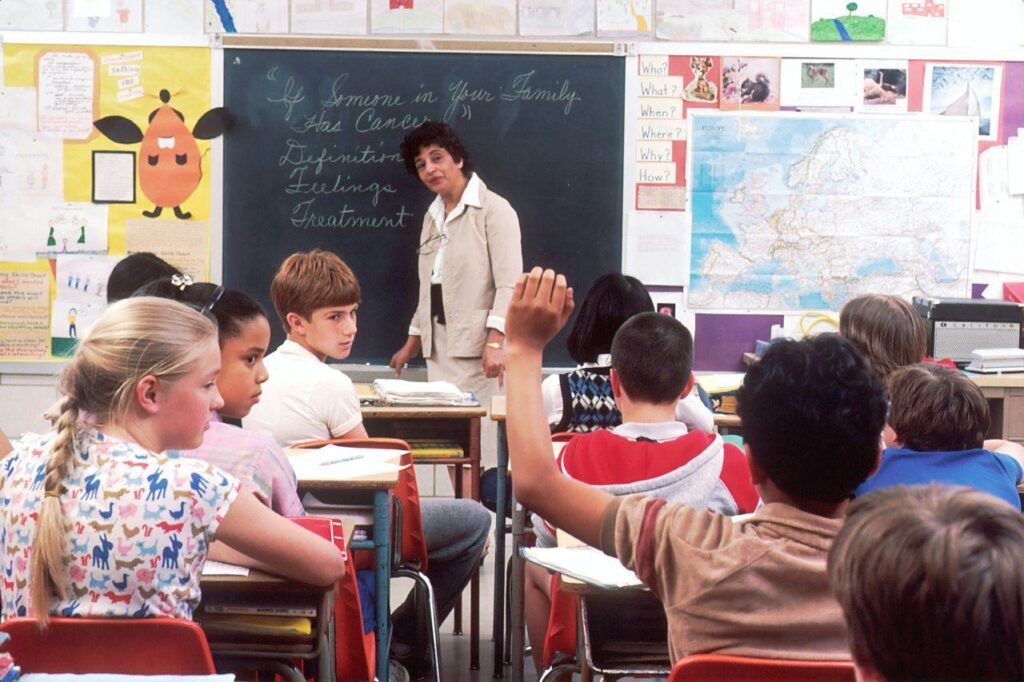
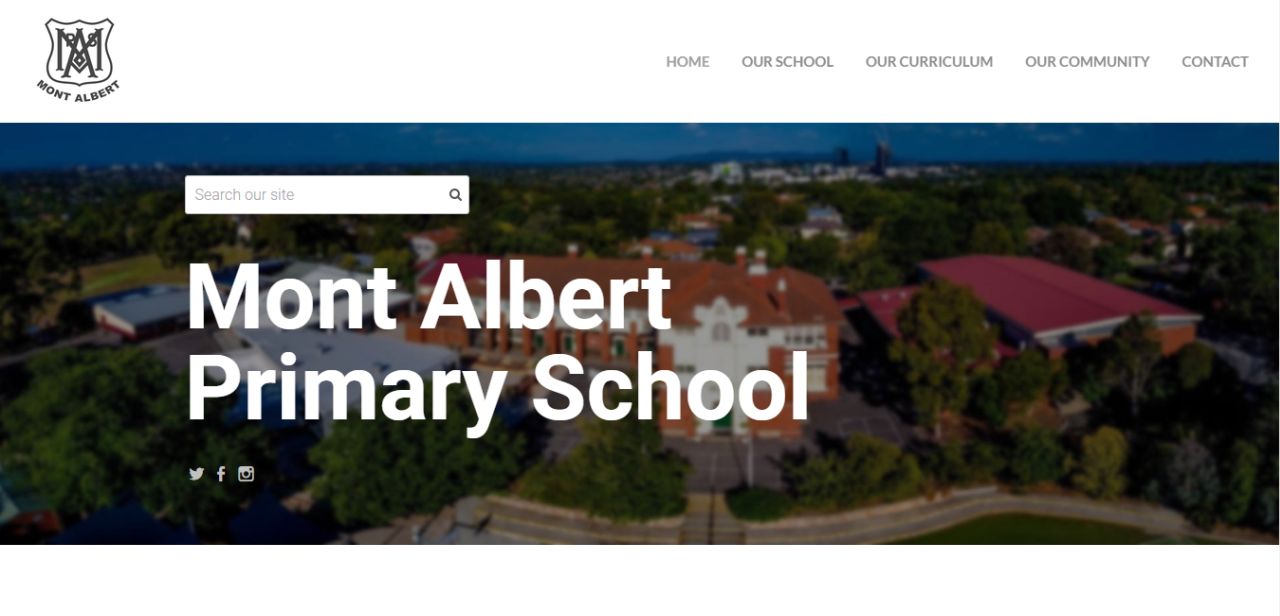
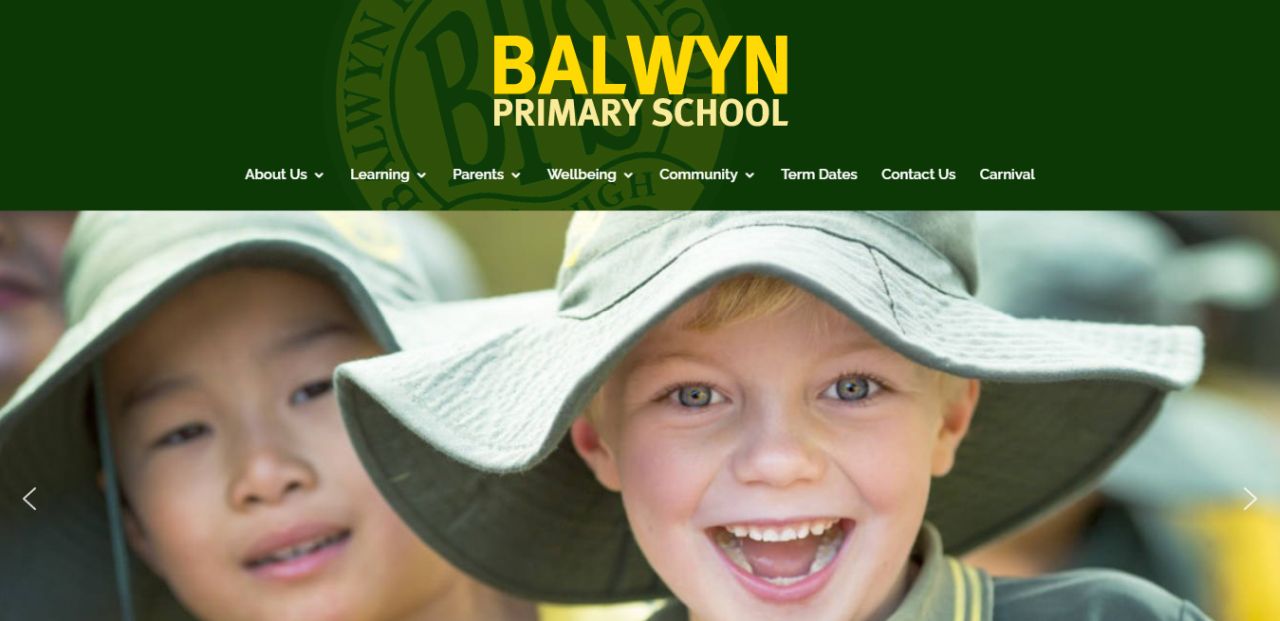
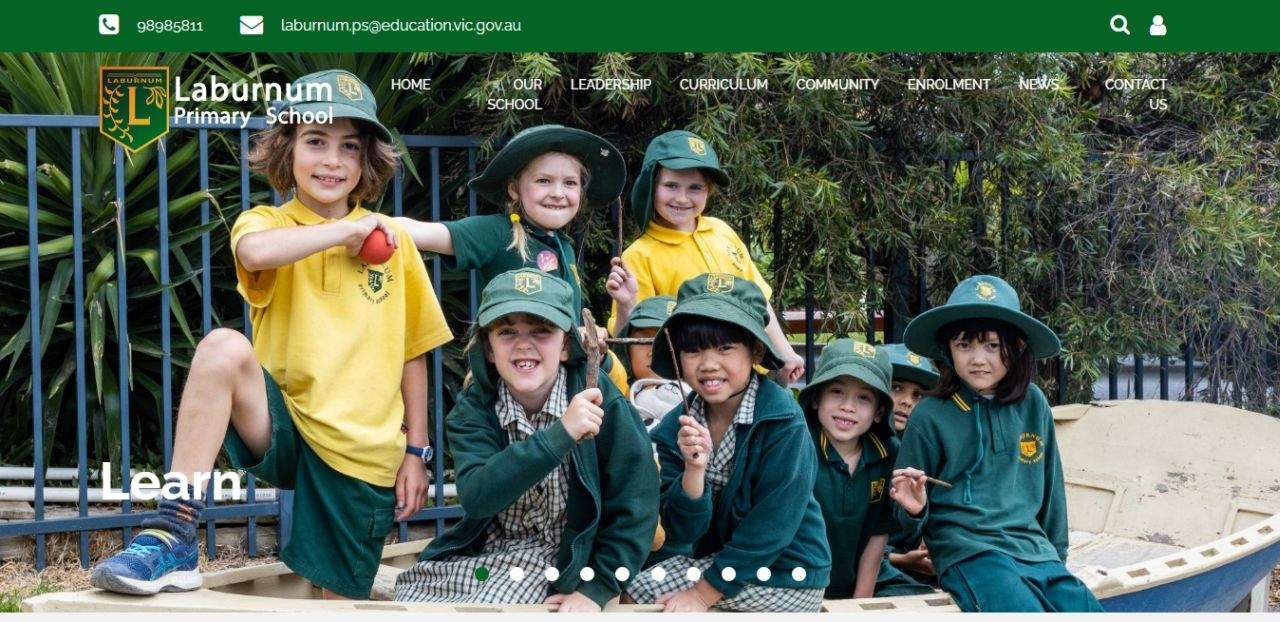
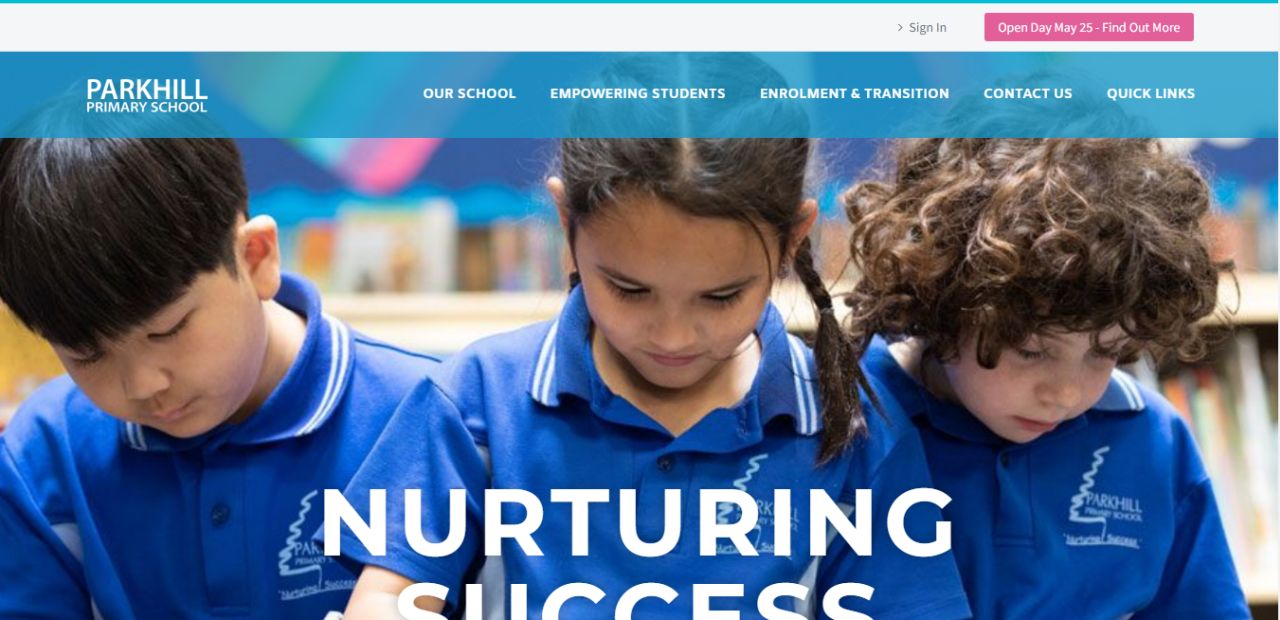
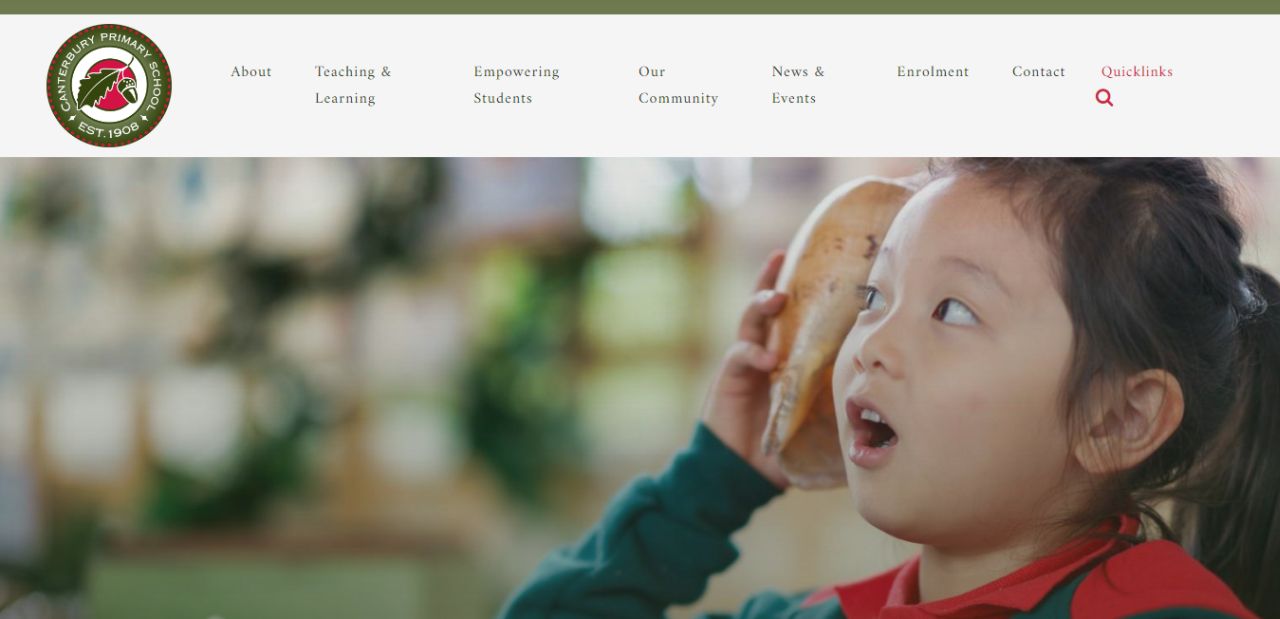
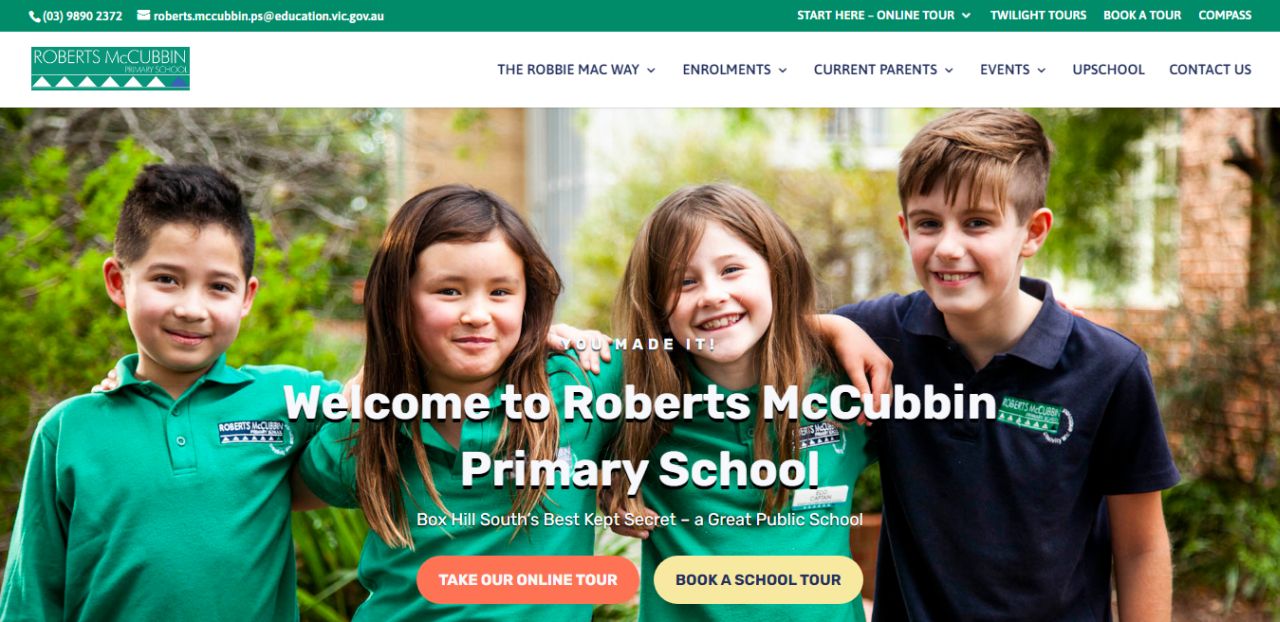
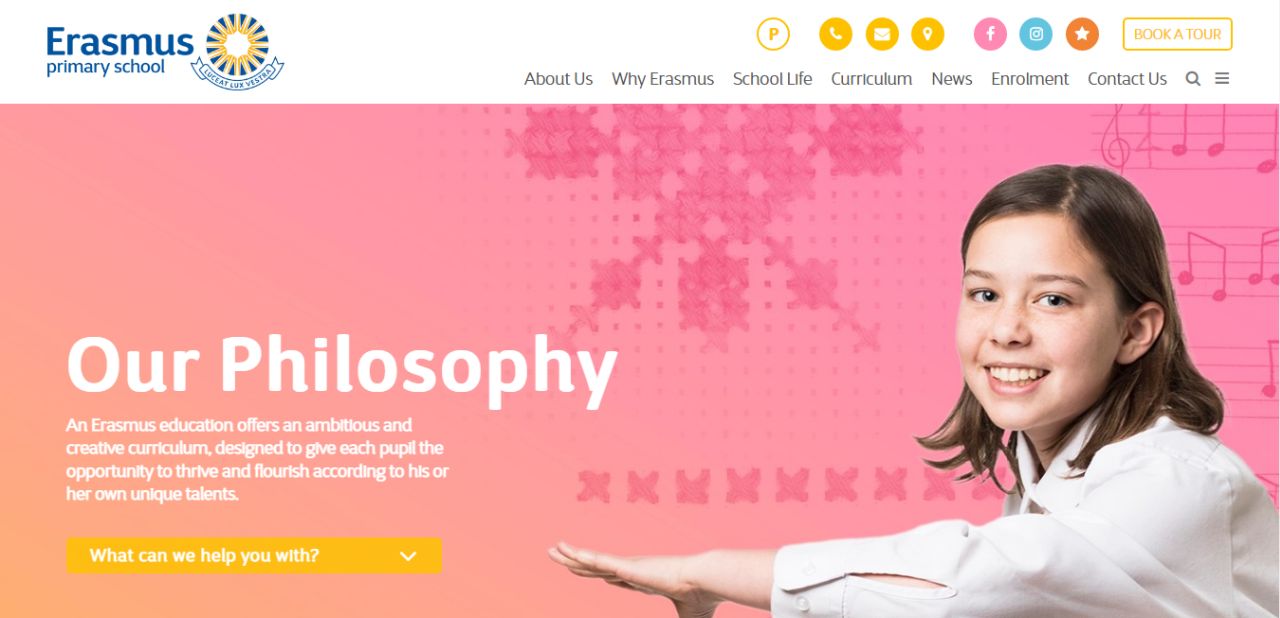
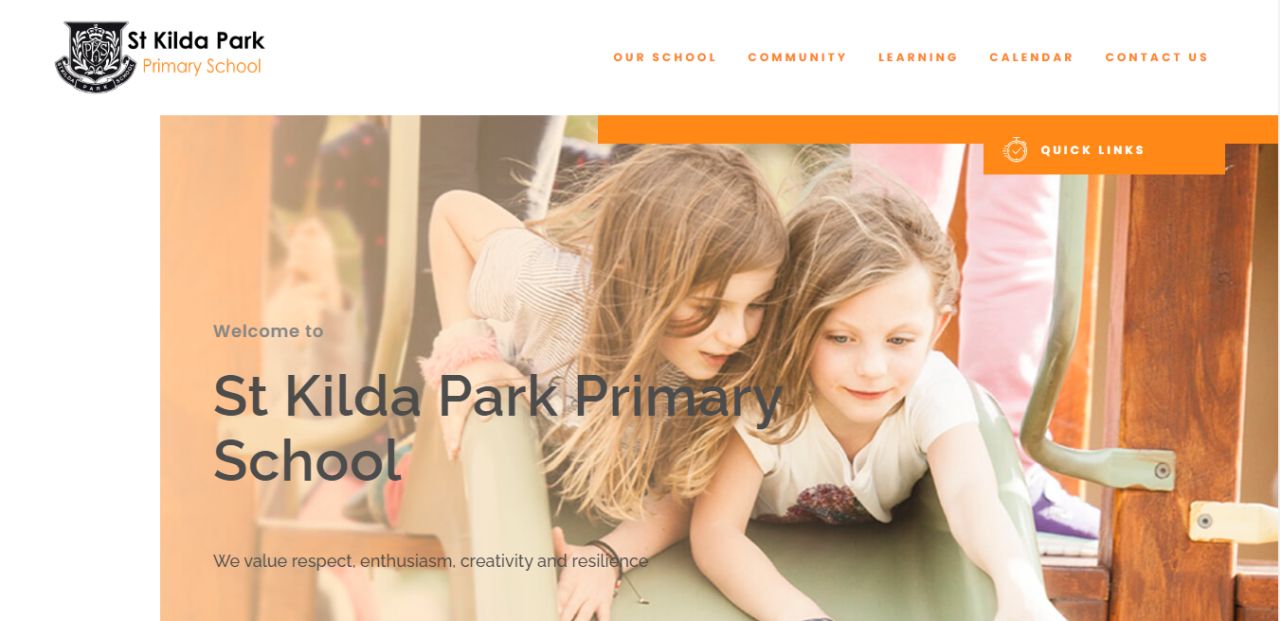
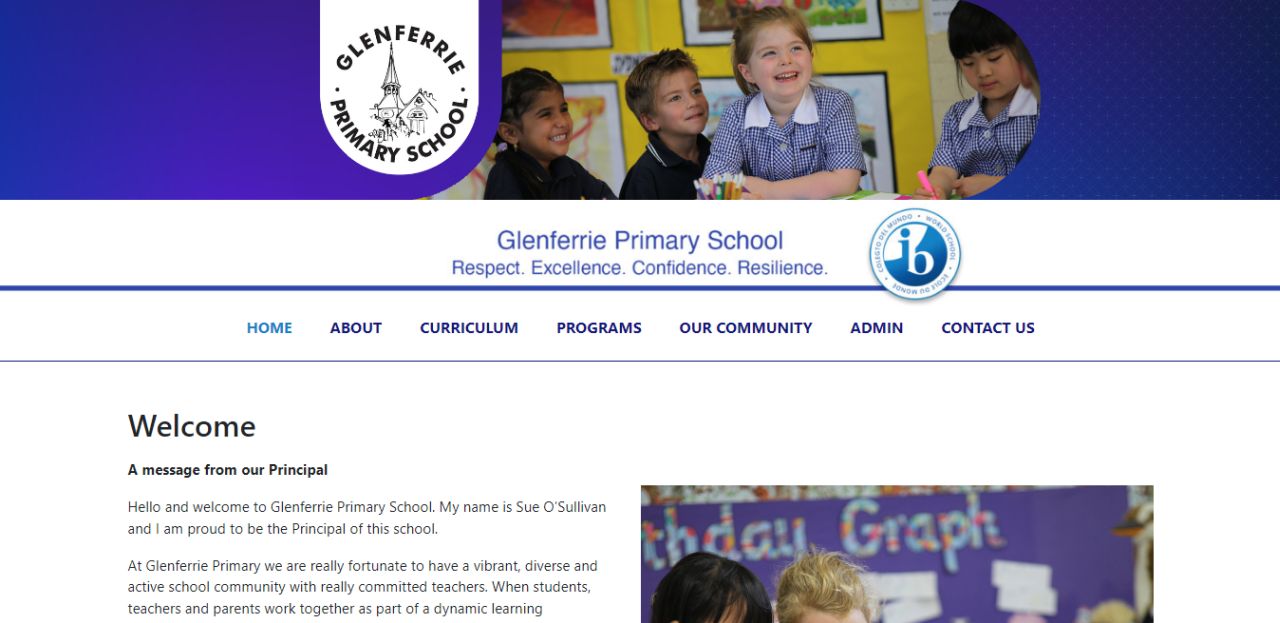
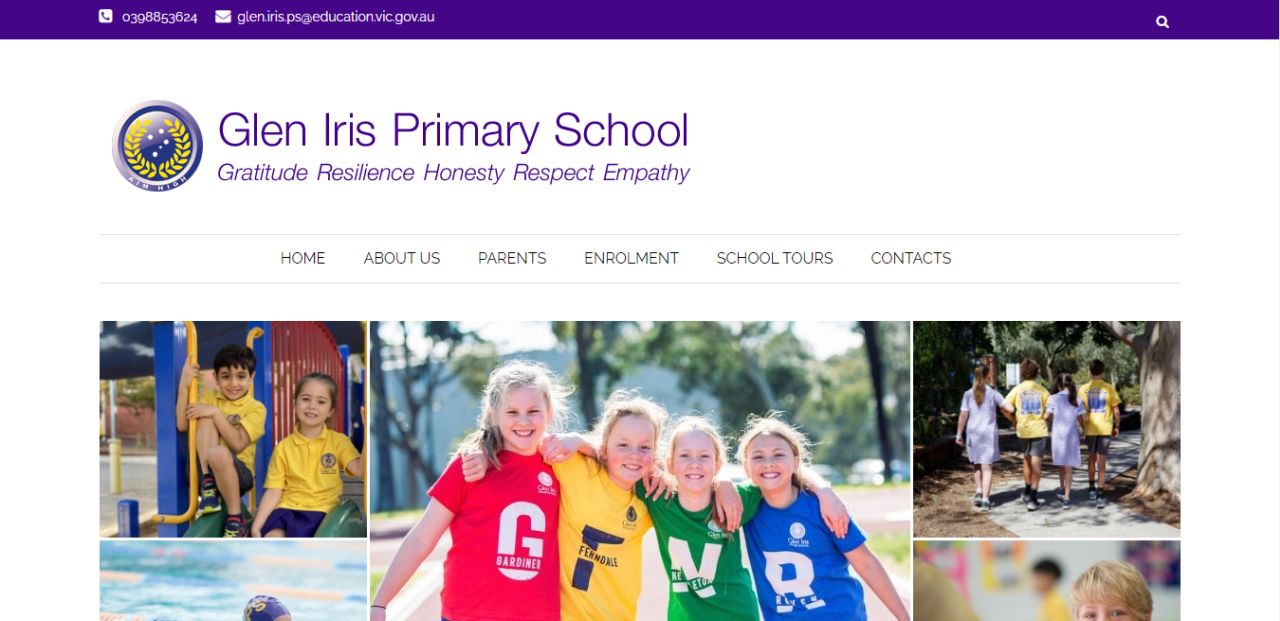
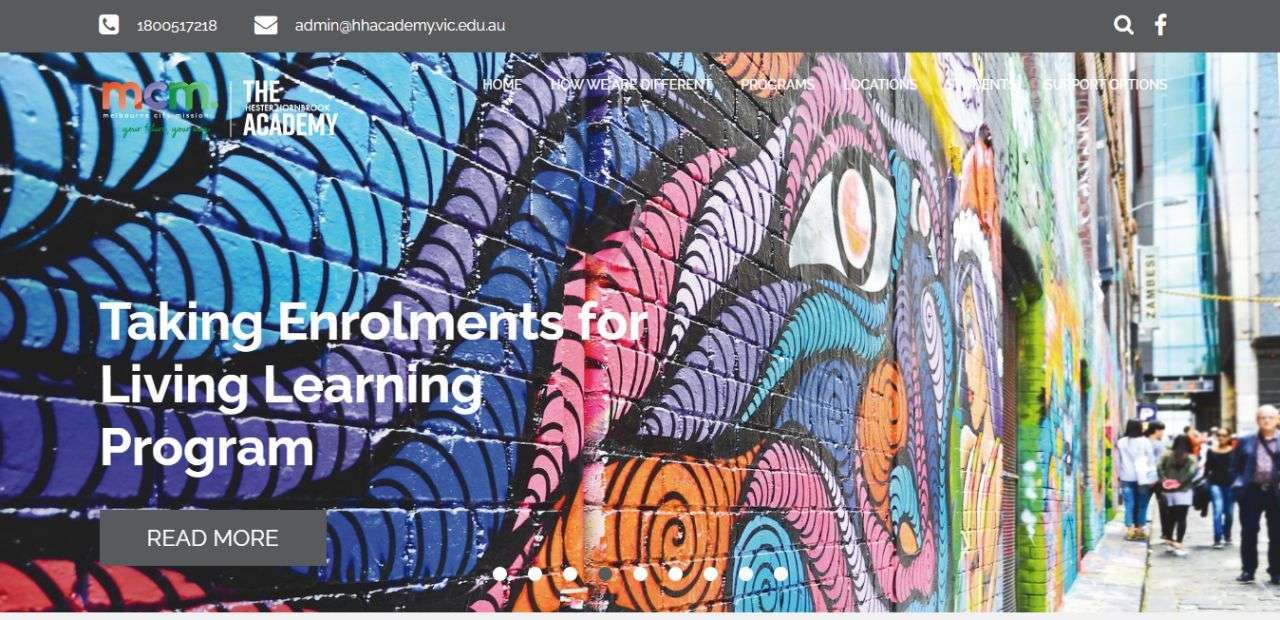
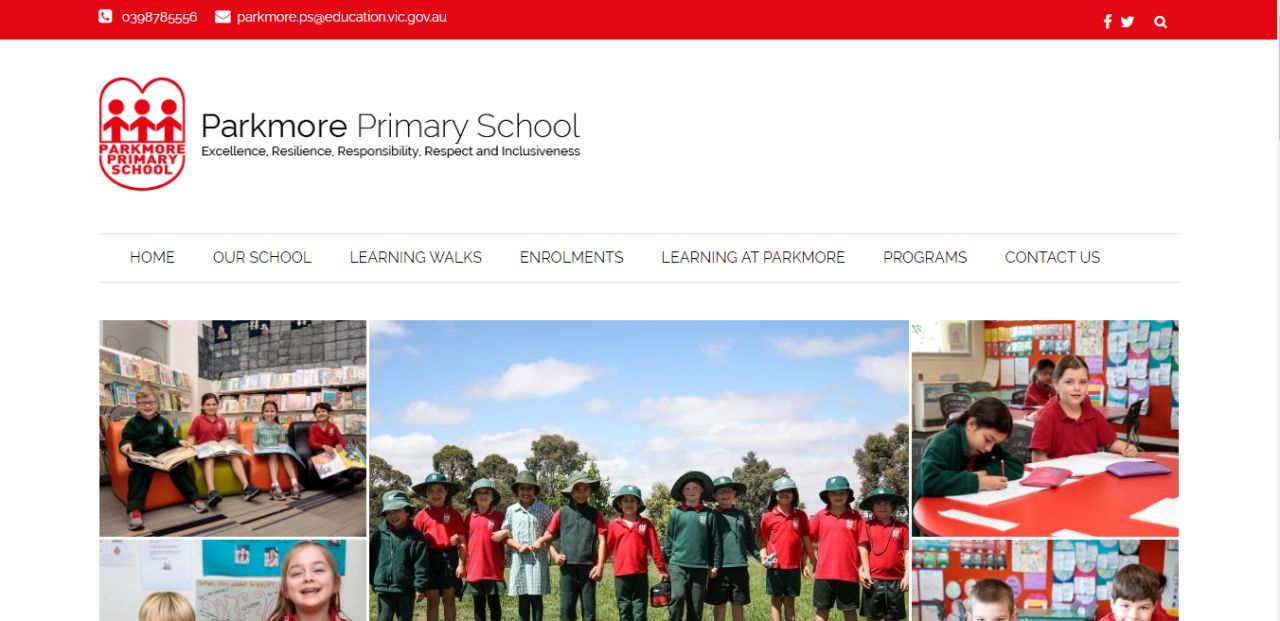
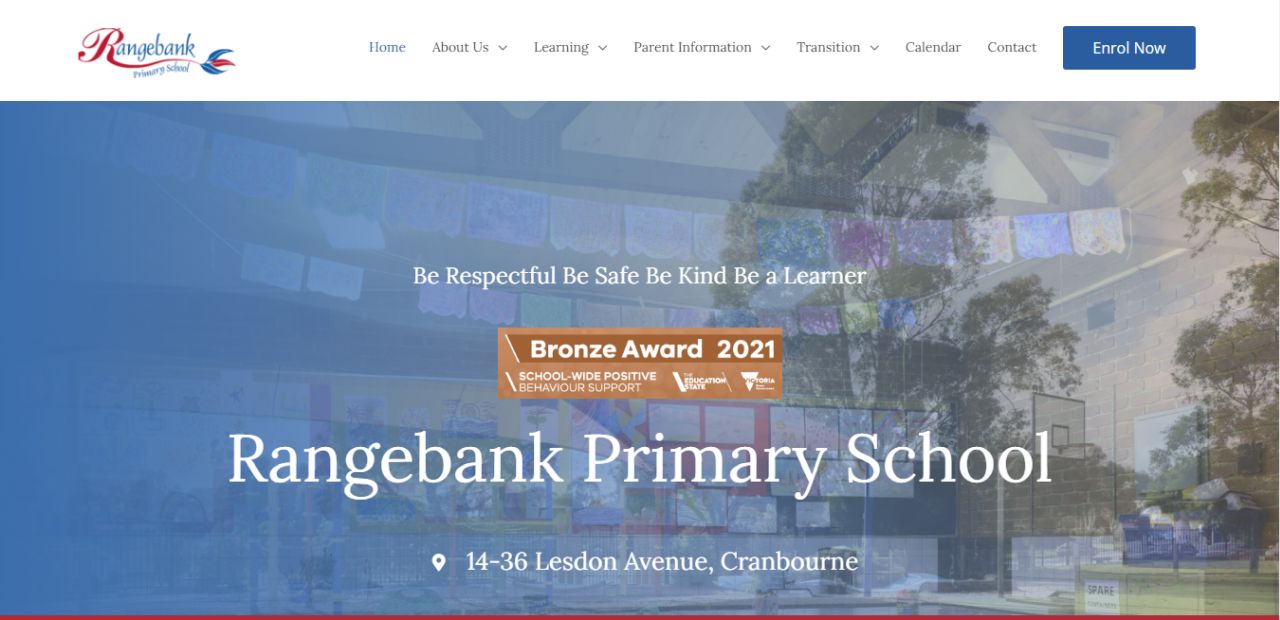
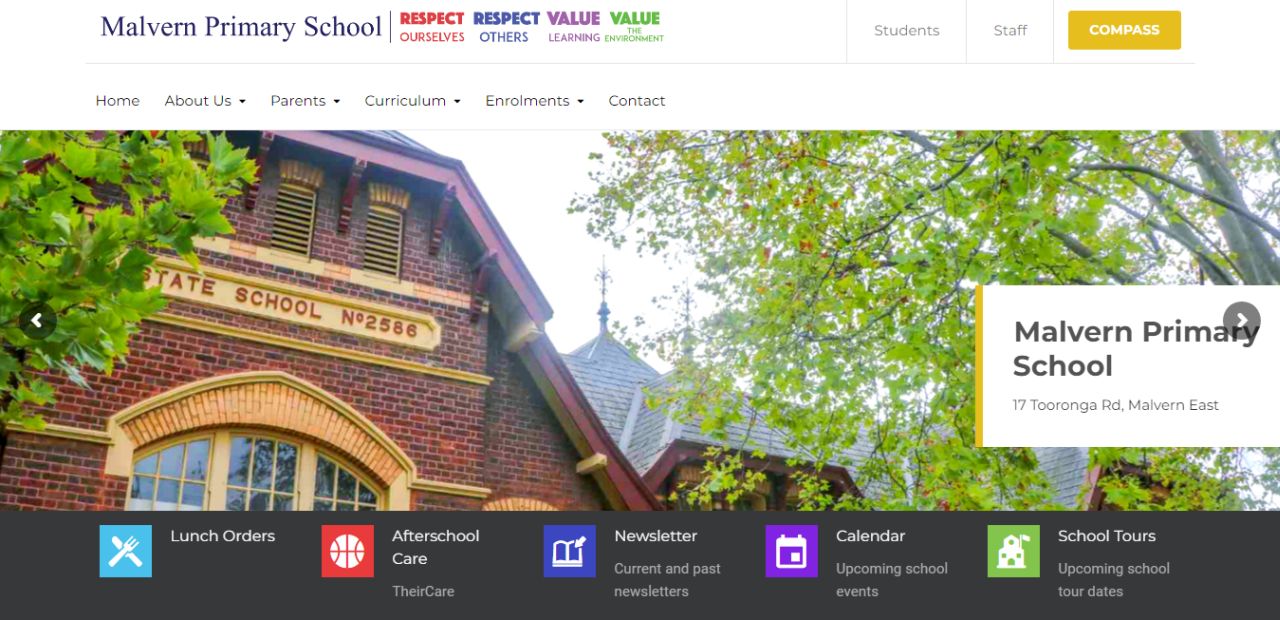
![Top 40 Epoxy Flooring & Coating Companies Melbourne, Victoria [2022]](https://mymelburnian.com.au/wp-content/uploads/MYMELB-Epoxy-Flooring-1024x683.jpg)
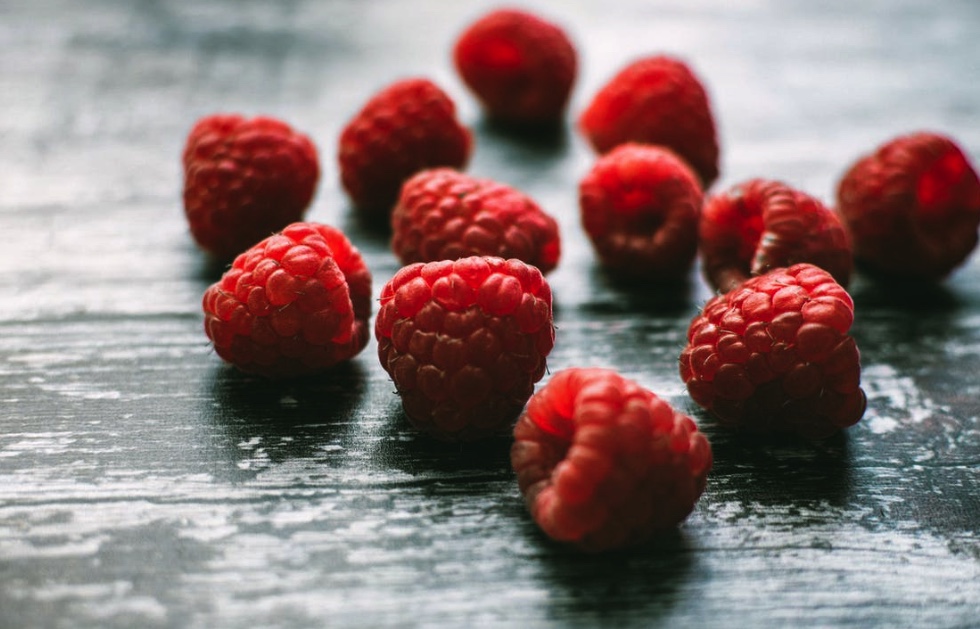
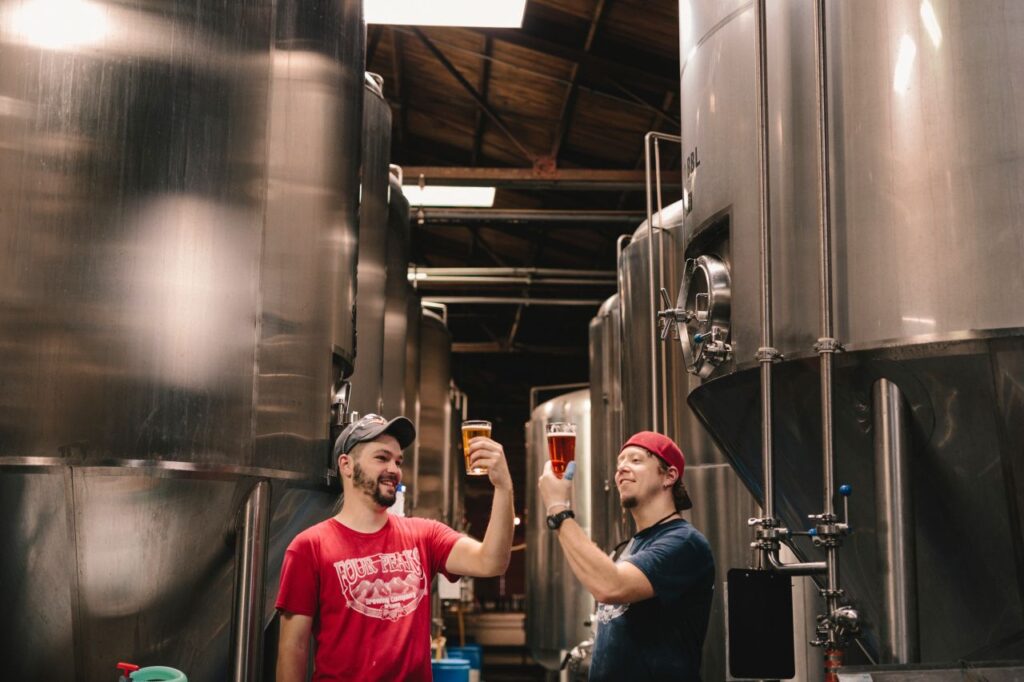
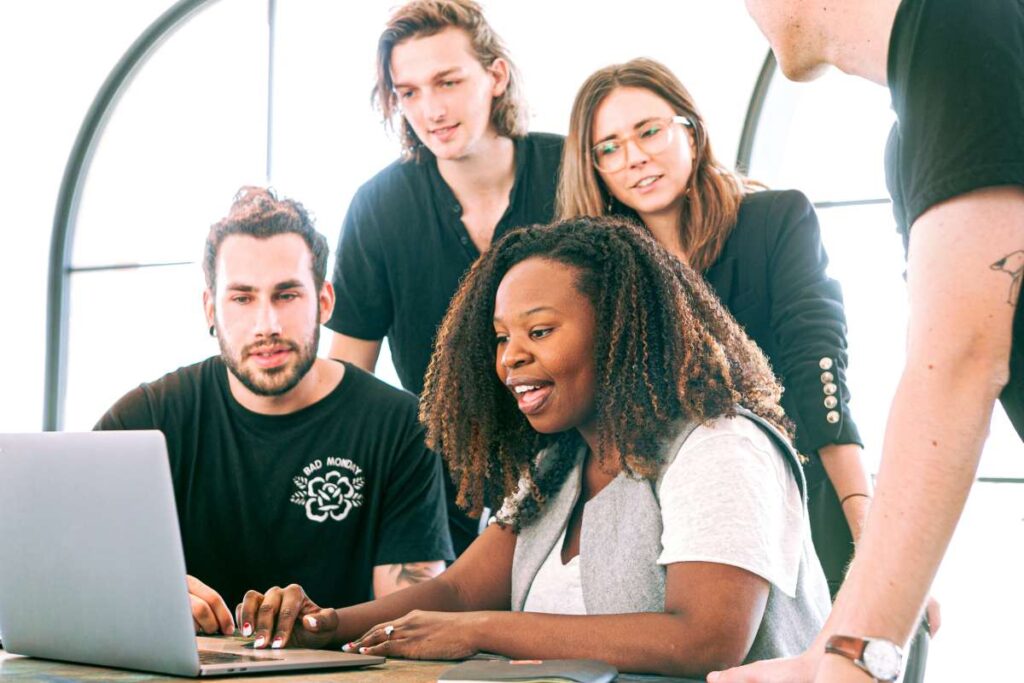
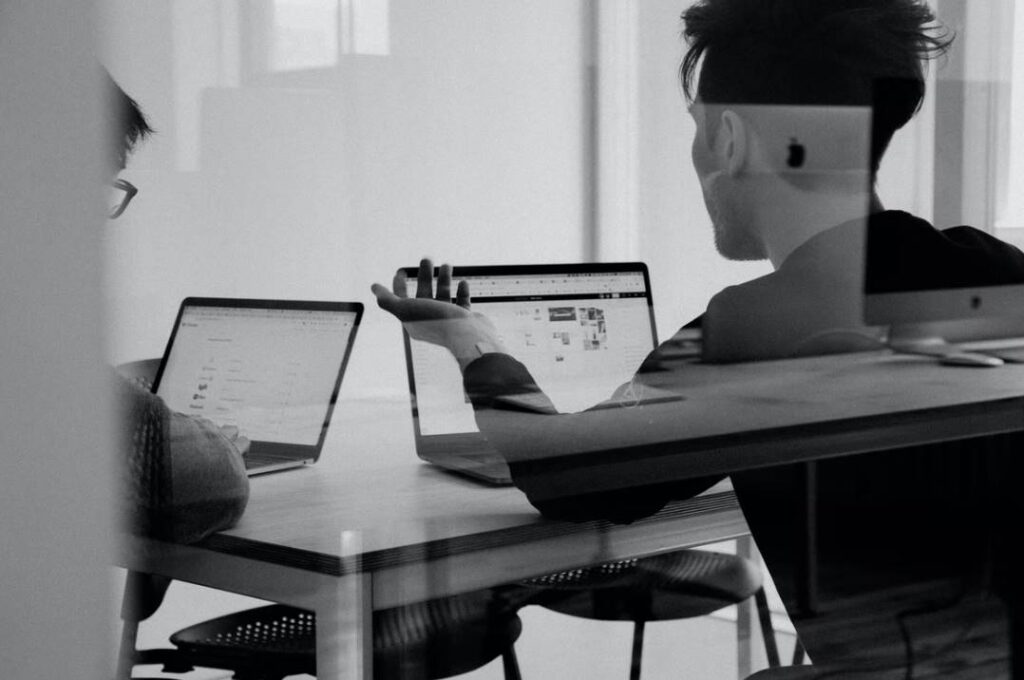
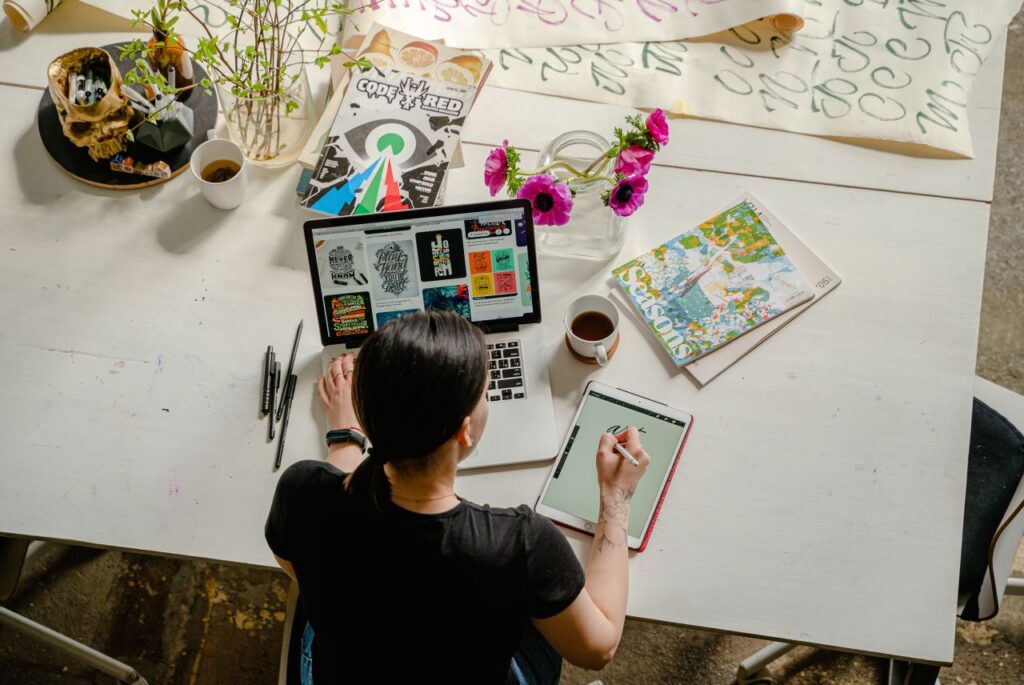

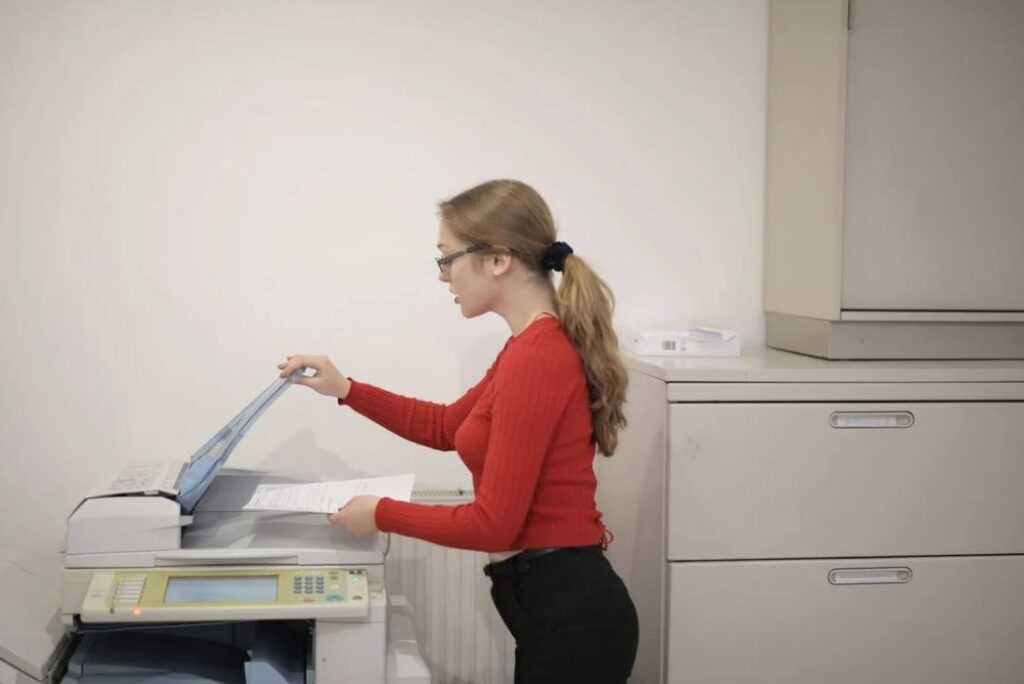
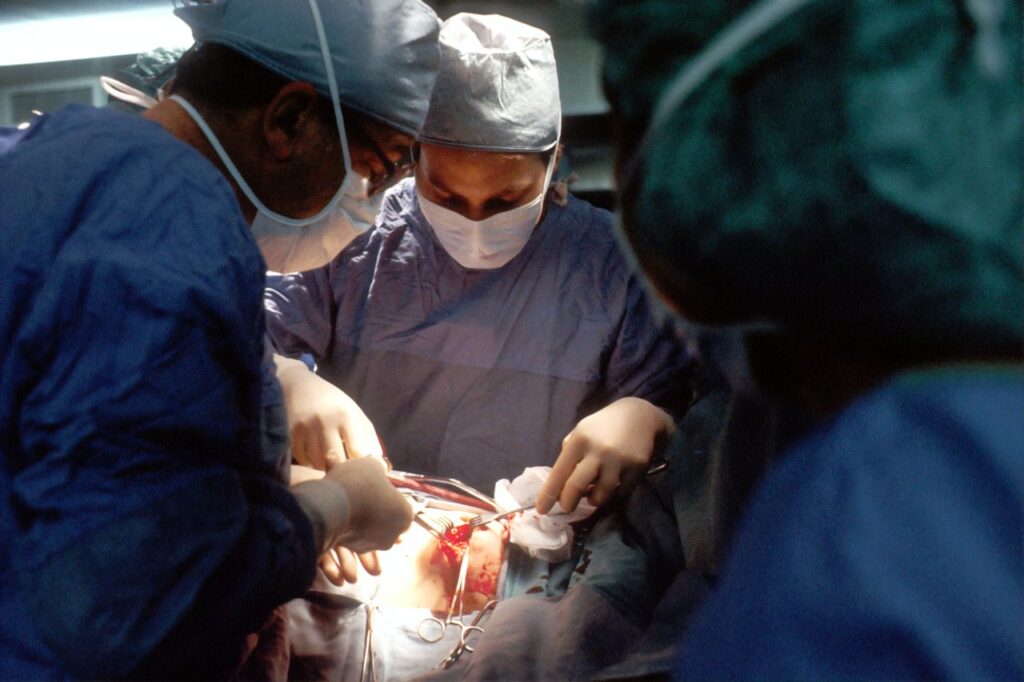
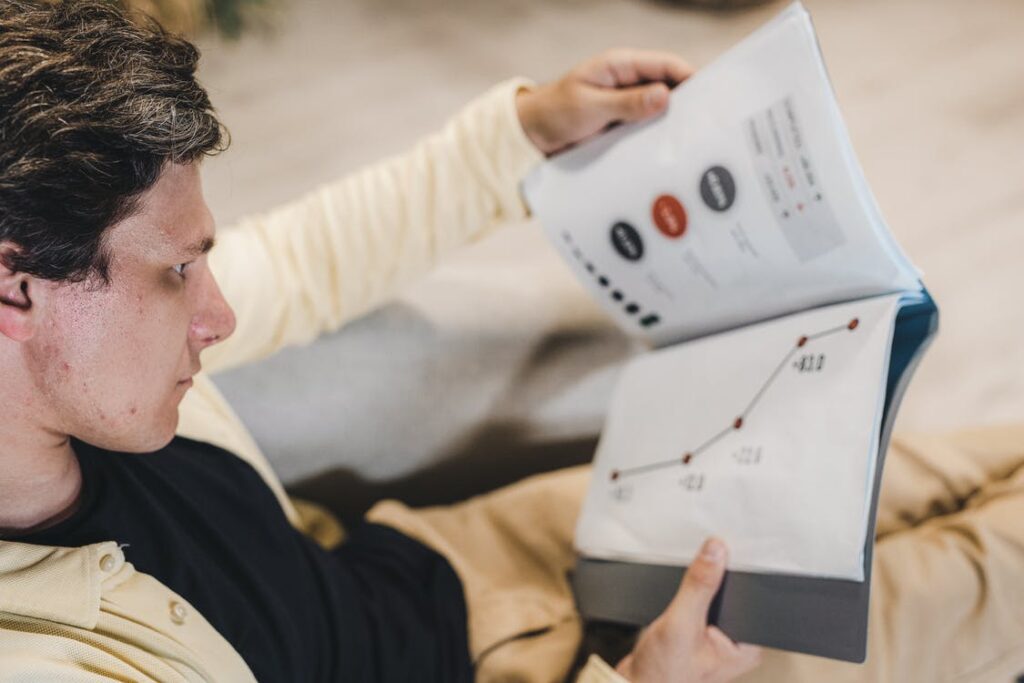
![50+ Best Standing Up Office Desks in Australia [2022]](https://mymelburnian.com.au/wp-content/uploads/MYMELB-Best-Standing-Up-Office-Desks-in-Australia-1024x681.jpg)
